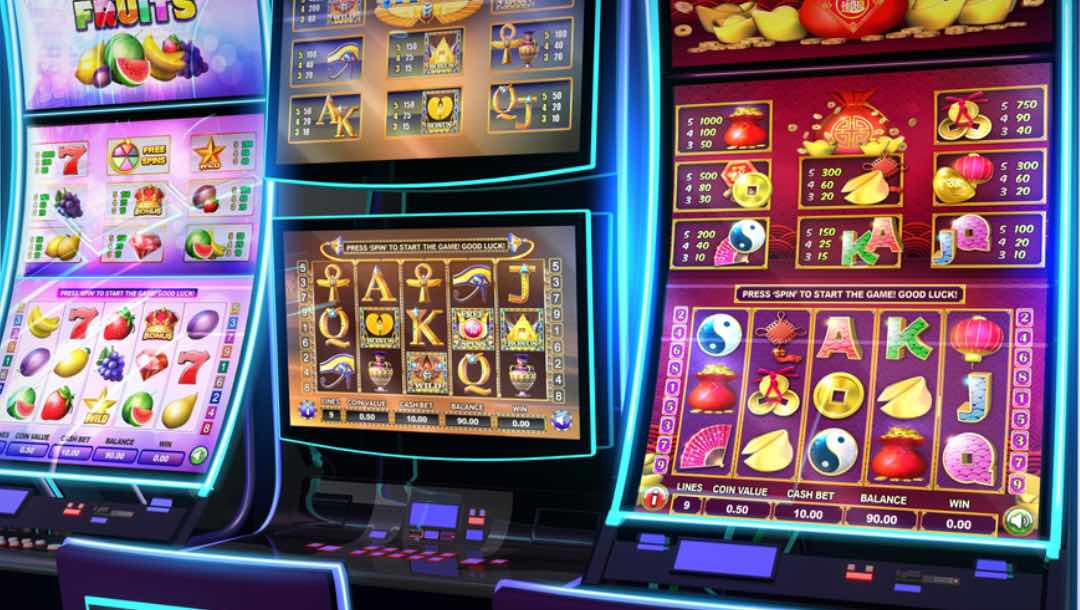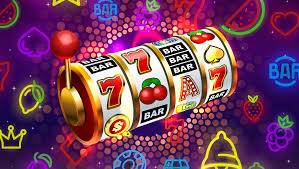What to Do If You Develop a Gambling Problem in Kazakhstan 6

What to Do If You Develop a Gambling Problem in Kazakhstan
If you find yourself struggling with gambling issues, it’s important to recognize the signs early and take action. In Kazakhstan, gambling can be an enticing yet dangerous activity. While many enjoy it in moderation, it can quickly spiral out of control, leading to financial, emotional, and social problems. If you’ve found that gambling is negatively affecting your life, here are several steps you can actively take to address the issue, including a resource like What to Do If You Develop a Gambling Problem in Kazakhstan olimp.com casino that allows for responsible gaming practices, support avenues, and treatment options.
1. Acknowledge the Problem
The first step toward overcoming any problem is acknowledging that it exists. Many individuals often dismiss their gambling behavior by thinking they can handle it. However, if gambling interferes with your daily life, relationships, or finances, it’s crucial to take a step back and assess the situation. Reflect on the following questions:
- Are you spending more money and time on gambling than you originally intended?
- Have you attempted to cut back or stop gambling but have been unsuccessful?
- Do you find yourself lying about your gambling habits to friends or family?
- Are you borrowing money or selling possessions to fund your gambling?
If you answered yes to any of these questions, it may be time to seek help.
2. Explore Resources for Support
In Kazakhstan, several resources are available to help individuals struggling with gambling addiction. Here are some key organizations to consider:
- Psychological Services: Local clinics and hospitals may offer psychological support for gambling addiction. Trained professionals can provide therapy and counseling tailored to your situation.
- Support Groups: Groups like Gamblers Anonymous (GA) offer peer support for those struggling with gambling issues. These groups can be valuable in providing a safe space to share experiences and regain control.
- Hotlines: Many organizations offer confidential hotlines for immediate support. You can speak with trained counselors who understand gambling addiction and can guide you toward recovery options.
3. Consider Professional Counseling

Engaging with a mental health professional who specializes in gambling addiction can make a significant difference. Through therapy, you can explore the underlying causes of your gambling behavior, develop coping strategies, and work toward recovery. Cognitive-behavioral therapy (CBT) is particularly effective, focusing on changing negative thought patterns and behaviors associated with gambling.
4. Develop a Support Network
Reaching out to friends and family can provide essential emotional support as you navigate through your recovery. Inform those close to you about your situation and ask for their help. Establishing a support network not only fosters accountability but also provides a space to express feelings and share your journey.
5. Set Financial Boundaries
One of the critical aspects of overcoming a gambling problem is managing your finances. Here are some strategies to help control your spending:
- Limit Access to Funds: Consider giving a trusted friend or family member control over your finances, or limit how much cash you carry.
- Create a Budget: Establish a strict budget for your monthly expenses and stick to it. This will help ensure you can meet your necessary obligations without allocating excessive funds for gambling.
- Monitoring Tools: Many banks and financial institutions offer apps or tools to help track your spending habits. Use these tools to keep yourself accountable.
6. Know When to Seek Help
If you find that your gambling is escalating despite your efforts to manage it, it may be necessary to seek professional treatment options such as rehabilitation programs tailored for gambling addiction. These programs often provide structured environments and coping strategies to help you regain control over your life. In Kazakhstan, several treatment facilities offer programs for gambling addiction, where you can receive comprehensive care.
7. Explore Treatment Options

In addition to counseling, various treatment methods exist to address gambling addiction effectively:
- In-patient Rehabilitation: Some individuals may benefit from an in-patient program that offers intensive therapy and support over a more extended period.
- Out-patient Services: If you’re unable or unwilling to commit to in-patient treatment, out-patient services can provide flexible options for therapy while allowing you to maintain daily responsibilities.
- Medication: There are medications available that can help reduce gambling cravings or manage co-occurring mental health issues, such as depression or anxiety.
8. Practice Self-Care
Caring for your mental and emotional well-being is crucial during recovery. Engage in activities that promote overall well-being, including:
- Exercising regularly
- Maintaining a balanced diet
- Developing new hobbies or interests
- Practicing mindfulness or meditation
9. Stay Vigilant After Recovery
Even after you feel you have overcome your gambling problem, it’s crucial to remain vigilant. Identify triggers that may lead you back to gambling, and develop strategies to manage them. Regularly attending support group meetings, maintaining healthy habits, and continuing to communicate with your support network can help to reinforce your commitment to a gambling-free lifestyle.
Conclusion
Facing a gambling problem can be daunting, but it’s essential to remember that you are not alone in this journey. By acknowledging the issue, seeking support, and employing effective coping strategies, you can regain control over your life. In Kazakhstan, various resources are available to help individuals struggling with gambling addiction, ensuring that you receive the necessary support to overcome this challenge. Embrace the journey of recovery, and take proactive steps toward a healthier, happier future.
